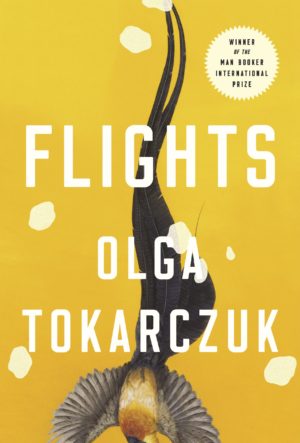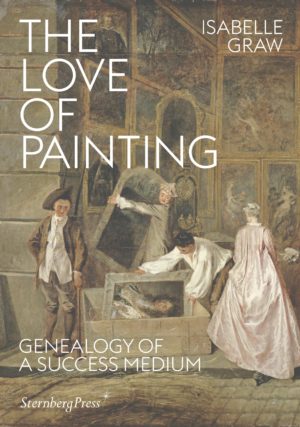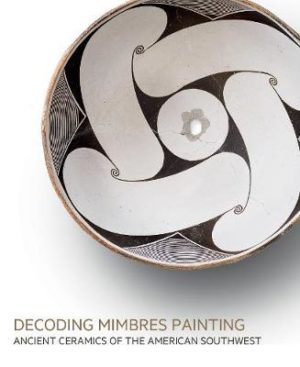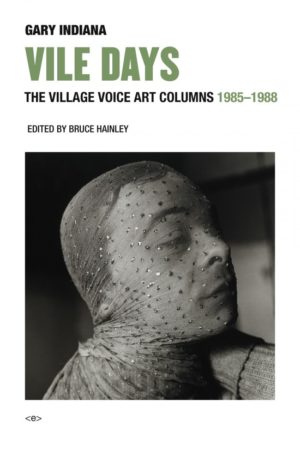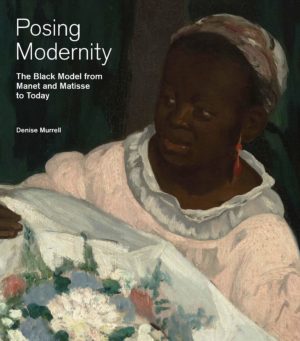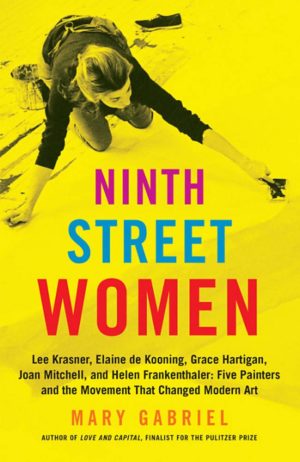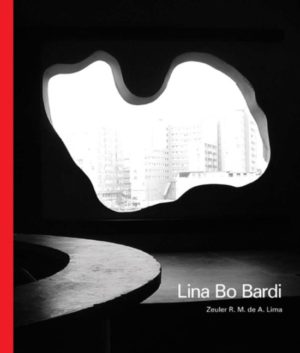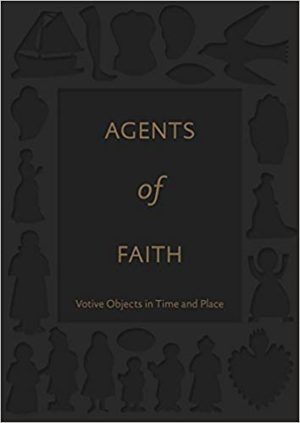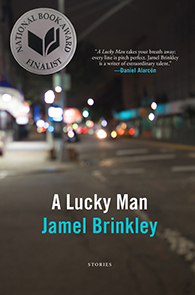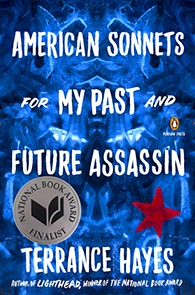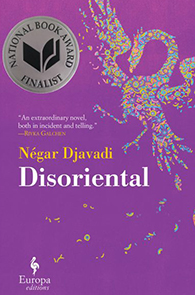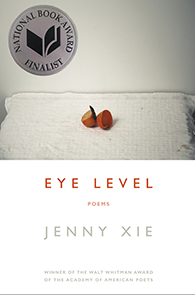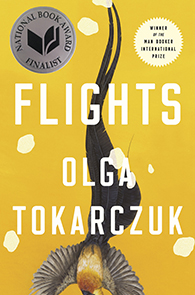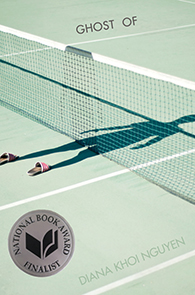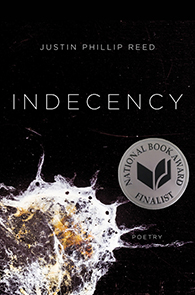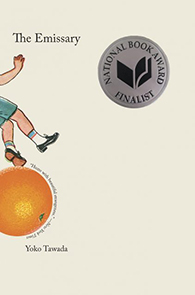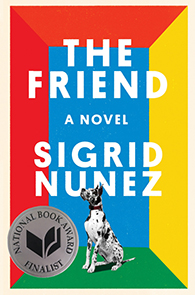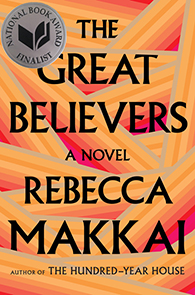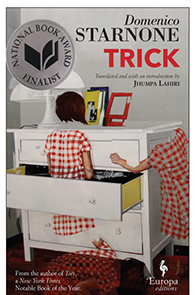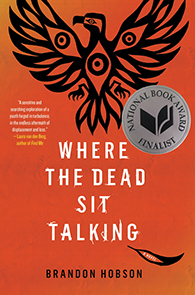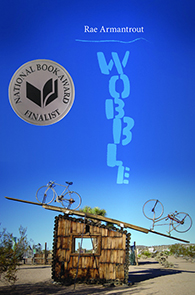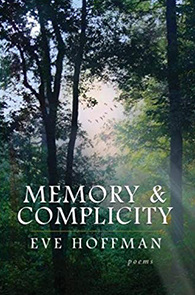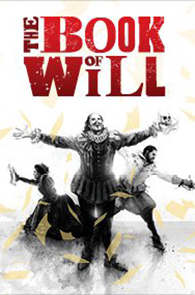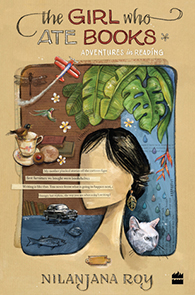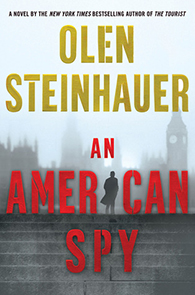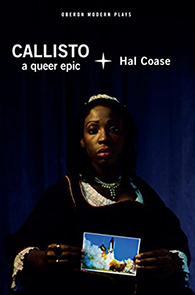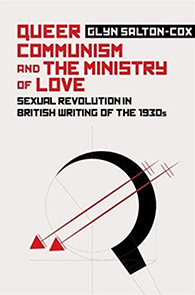Tag: homepage-news
February 5: Art For Your Apartment
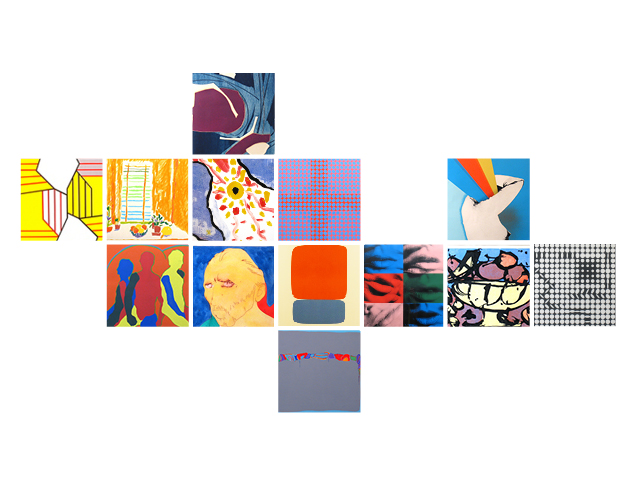
Tuesday, February 5
5:00 – 6:00 p.m.
Morrison Library
The best way to appreciate art is to live with it!
Come see and learn about the Graphic Arts Loan Collection. This is framed art prints you can bring home and hang on your wall for the school year.
Event takes place in the historic Morrison Room (housed within the Doe Library). A brief presentation will be followed by ample time to browse representative works and initiate the borrowing process.
Prints comprise a survey of movements and artists – from Impressionism to Cubism, and from Rembrandt to Miro.
Library tours, January 22 – 24
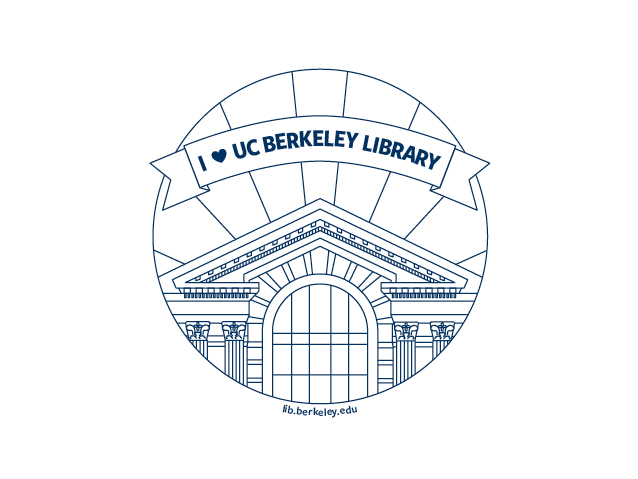
Join other students and get your bearings with a 3-in-one tour of the Doe Memorial Library, Moffitt Undergraduate Library, and the Main Stacks. See these central libraries and learn about the student services they provide. Tour starts at the north entrance of Doe Library.
Tour dates and times:
Tuesday 1/22: 10-11am & 2-3pm
Thursday 1/23: 2-3pm
Friday 1/24: 2-3pm
NYT’s Best Art Books of 2018
Check out these titles from the New York Time’s Best Art Books of 2018, available in the U.C. Berkeley Libraries.
Flash Flights The Love of Painting
Decoding Mimbres Painting Vile Days Posing Modernity
What a semester! What’s up next?

Is it just us, or was fall semester a whirlwind? The Office of Scholarly Communication Services was steeped in a steady flurry of activity, and suddenly it’s December! We wanted to take a moment to highlight what we’ve been up to since August, and give you a preview of what’s ahead for spring.
We did the math on our affordable course content pilot program, which ran for academic year 2017-2018 and Fall 2018. This pilot supported just over 40 courses and 2400 students, and is estimated to have yielded approximately $200,000 in student savings. We’ll be working with campus on next steps for helping students save money. If you have questions about how to make your class more affordable, you can check out our site or e-mail us.
We dug deep into scholarly publishing skills with graduate students and early career researchers during our professional development workshop series. We engaged learners in issues like copyright and their dissertations, moving from dissertation to first book, and managing and maximizing scholarly impact. Publishing often isn’t complete without sharing one’s data, so we helped researchers understand how to navigate research data copyright and licensing issues at #FSCI2018.
We helped instructors and scholars publish open educational resources and digital books with PressbooksEDU on our new open books hub.
On behalf of the UC’s Council of University Librarians, we chaired and hosted the Choosing Pathways to OA working forum. The forum brought together approximately 125 representatives of libraries, consortia, and author communities throughout North America to develop personalized action plans for how we can all transition funds away from subscriptions and toward sustainable open access publishing. We will be reporting on forum outcomes in 2019. In the meantime, one immediate result was the formation of a working group to support scholarly society journal publishers in flipping their journals from closed access to open access. Stay tuned for an announcement in January.
We funded dozens of Open Access publications by UC Berkeley authors through our BRII program.
We developed a novel literacies workflow for text data mining researchers. Text mining allows researchers to use automated techniques to glean trends and information from large volumes of unstructured textual sources. Researchers often perceive legal stumbling blocks to conducting this type of research, since some of the content is protected by copyright or other use restrictions. In Fall 2018, we began training the UC Berkeley community on how to navigate these challenges so that they can confidently undertake this important research. We’ll have a lot more to say about our work on this soon!
Next semester, we’re continuing all of these efforts with a variety of scholarly publishing workshops. We invite you to check out: Copyright & Fair Use for Digital Projects, Text Data Mining & Publishing: Legal Literacies, Copyright for Wikipedia Editing, and more.
We would like to thank Arcadia, a charitable fund of Lisbet Rausing and Peter Baldwin, for their generous support in helping to make the work of the Office of Scholarly Communication Services possible.
Lastly, we’d like to thank all of you for your engagement and support this semester! Please let us know how else we can serve you. In the meantime, we wish you a Happy New Year!
E-mail: schol-comm@berkeley.edu
Twitter: @UCB_scholcomm
Website: lib.berkeley.edu/scholcomm
Update: Moffitt Library’s first floor reopened after flooding
Moffitt Library’s first floor has reopened after flooding forced it to close last week.
The library will be open for studying for RRR week and finals, although working electrical outlets will be in short supply.
The flooding, brought on by heavy rains, had forced an evacuation of Moffitt’s first floor last week and caused classes held on that floor to be relocated.
Stay tuned for updates.
Julia Bryan-Wilson’s “Fray: Art and Textile Politics” Awarded ASAP Book Prize
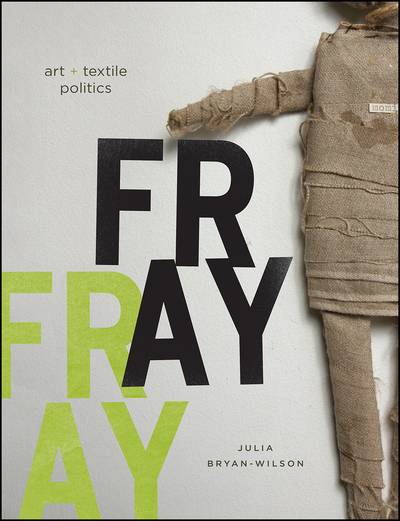
Doris and Clarence Malo Professor of Modern and Contemporary Art Julia Bryan-Wilson has been awarded the 2018 Book Prize from the Association for the Study of Arts of the Present (ASAP) for her book FRAY: Art and Textile Politics.
From the ASAP website:
“Congratulations to Professor Julia Bryan-Wilson for winning the prize for Fray: Art + Textile Politics. Amongst a very strong short list, the book prize committee recognized Fray for its inspiring mix of methodological innovation, sense of feminist and social engagement, and amazing re-articulation of contemporary art history around the material practices of textile art and craft in the United States and Chile from the 1970s to the present. Fray is a book that traces not only the emergence of an increasingly prominent artistic mode out of various craft and labor practices, but also shows how artists working with textiles–mainly women but also others operating on the margins of both the economy and the art-market–developed new material forms of expression and protest out of some of the most ancient technologies at our disposal as human beings–braiding, weaving, tying knots. Bryan-Wilson’s case studies explore the work of feminist knitting collectives, Chilean activists, emerging queer artists, and the vast numbers who contributed to the AIDS quilt. This is a book that provides a scrupulous examination of contemporary culture from the perspective of a medium whose materiality and immersion in bodily, physical labor challenge many of the stories we tell ourselves about art in an age of digital innovation and conceptual self-consciousness. At the same time, Fray assembles a picture of hemispheric contemporary art that offers scholars and critics in all the fields and area that ASAP embraces a chance to consider how female labor is valued, recognized, exploited, and made invisible. Bryan-Wilson’s work promises to change how scholars in various fields pay attention to craft-making practices and their representations in art, drama, literature, and everyday life.”
Successes from National Novel Writing Month: NaNoWriMo 2018 Inspiration

by Taylor Follett
Every November, a community of writers, professional and non-professional alike, embark on a challenge: to write at least 50,000 words of a novel, without starting prior and without going back and editing. National Novel Writing Month, or NaNoWriMo, encourages writers to push themselves to write an average of 1,666 words a day with the help of a virtual community, which also stages in-person meet-ups throughout the month, including at the UC Berkeley Library. Continue reading “Successes from National Novel Writing Month: NaNoWriMo 2018 Inspiration”
Read the 2018 National Book Award Finalists!
You know what’s better than Superbowl predictions or presidential polls? Guessing which book is going to win a National Book Award, of course! Grab a friend or a book club and check this year’s finalists in fiction, translated literature, and poetry:
Jamel Brinkley
Fiction Finalist
Terrance Hayes
PoetryFinalist
Négar Djavadi, Trans. by Tina Kover
Translated Literature Finalist
Jenny Xie
Poetry Finalist
Olga Tokarczuk, Trans. by Jennifer Croft
Translated LiteratureFinalist
Lauren Groff
Poetry Finalist
Diana Khoi Nguyen
Poetry Finalist
Justin Phillip Reed
Poetry Finalist
Hanne Ørstavik, Trans. by Martin Aitken
Translated Literature Finalist
Yoko Tawada, Trans. by Margaret Mitsutani
Translated Literature Finalist
Sigrid Nunez
Fiction Finalist
Rebecca Makkai
Fiction Finalist
Domenico Starnone, Trans. by Jhumpa Lahiri
Translated Literature Finalist
Brandon Hobson
Fiction Finalist
Rae Armantrout
Poetry Finalist
Happy reading, and don’t forget to check back at the National Book Awards 2018 website to find out the winners!
New Books in Literature

While we’ve already featured wonderful new databases, digital collections, and journals for literature, the fantastic new books to the literature collection deserve their own attention. We have something for everyone—whether you’re looking for poetry, prose, or criticism.
Eve Hoffman
Lauren Gunderson
Nilanjana Roy
Olen Steinhauer
Hal Coase
Glyn Salton-Cox
Check out the rest of our new acquisitions in literature!
Want a book that we don’t have in the library? Request it here.
The news from CRL
As the member of the CRL, at UC Berkeley Library, we often use the resources that are loanable through the ILL or the digital resources that are available to us through CRL. I am glad to announce that we now have access to the following two important digital resources. One can authenticate using the VPN or EZ proxy to access these from an off-campus location.
I am pleased to report that the CRL has released of a new digital collection, the Mexican Intelligence Digital Archives (MIDAS). The collection will be hosted in cooperation with Northwestern University, El Colegio de México, and Artículo 19. MIDAS is an open-access online database of historical documents drawn from Mexican intelligence agencies. And the second is that of the digital version of the El Libertador: órgano del Frente Popular Libertador from Guatemala.
One can access the Mexican Intelligence Digital Archives (MIDAS) by clicking on the icon below provided one has authenticated using the UC Berkeley’s Proxy or VPN if accessing from a off-campus location.

